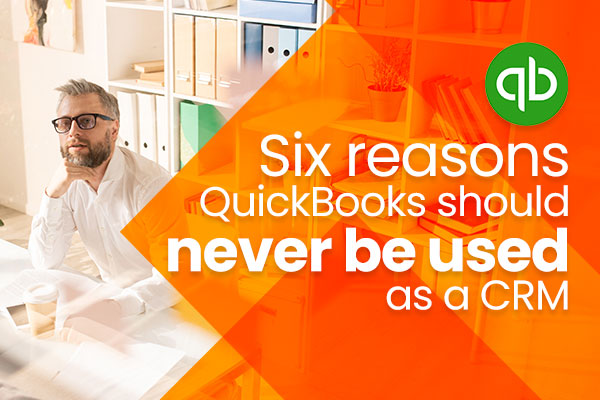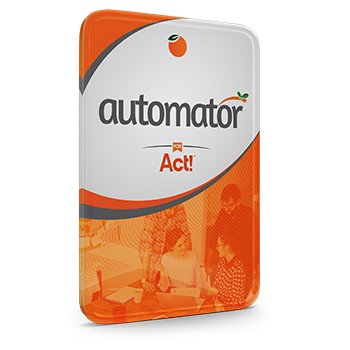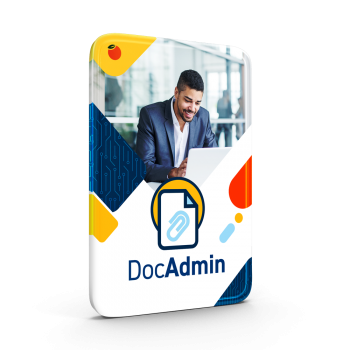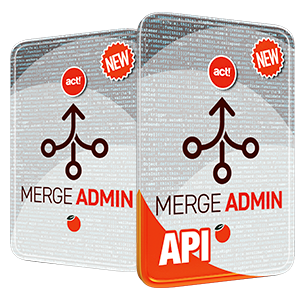Business owners generally acknowledge the benefits of implementing a CRM but often find reasons to resist doing so. While the reasons may vary with the industry involved, here are the five most common reasons to kick the CRM can down the road:
 Organization Resists Change: It’s natural for employees to be skeptical of a new process or tool imposed on them. This skepticism is a major hurdle in CRM adoption. If management decides on a new CRM without considering employees’ input, resistance is inevitable. Therefore, it’s crucial to involve frontline sales reps in the decision-making process. Demonstrating that a new, modern CRM system will enhance their job performance and help them achieve their goals can help overcome this resistance.
Organization Resists Change: It’s natural for employees to be skeptical of a new process or tool imposed on them. This skepticism is a major hurdle in CRM adoption. If management decides on a new CRM without considering employees’ input, resistance is inevitable. Therefore, it’s crucial to involve frontline sales reps in the decision-making process. Demonstrating that a new, modern CRM system will enhance their job performance and help them achieve their goals can help overcome this resistance. Complexity: This issue is partly the CRM industry’s fault. For years, businesses have asked the CRM industry to simplify products and focus on core features. Instead, the industry has often pushed for more features, leading to bloated, costly systems that frustrate users. Modern CRM should prioritize helping customers and employees build meaningful, valuable relationships around relevant topics. In this case, less is more.
Complexity: This issue is partly the CRM industry’s fault. For years, businesses have asked the CRM industry to simplify products and focus on core features. Instead, the industry has often pushed for more features, leading to bloated, costly systems that frustrate users. Modern CRM should prioritize helping customers and employees build meaningful, valuable relationships around relevant topics. In this case, less is more. No Pressing Need/Lack of Awareness of Benefits: Numerous articles explain why you need a CRM, from basic to nuanced perspectives. My take is that simply activating a CRM won’t deliver all the desired benefits. You need a comprehensive strategy for your CRM system, complete with project owners, budgets, goals, and timelines. With this in place, a new CRM can revolutionize your business, reduce costs, increase revenue, and rekindle customer loyalty.
No Pressing Need/Lack of Awareness of Benefits: Numerous articles explain why you need a CRM, from basic to nuanced perspectives. My take is that simply activating a CRM won’t deliver all the desired benefits. You need a comprehensive strategy for your CRM system, complete with project owners, budgets, goals, and timelines. With this in place, a new CRM can revolutionize your business, reduce costs, increase revenue, and rekindle customer loyalty. Cost: Finally, the price of CRM is often cited as the biggest deterrent. Executives must work within fixed budgets and maximize their resources. However, offering the best customer experience possible is crucial. In most industries, companies offer similar products or services, and competitors are just a Google search away. Winning customers now depends as much on how you treat them as on what you sell. An exceptional, unique customer experience is more critical than ever. Companies that excel in this era of empowered, intelligent customers do so by building better relationships with their customers.
Cost: Finally, the price of CRM is often cited as the biggest deterrent. Executives must work within fixed budgets and maximize their resources. However, offering the best customer experience possible is crucial. In most industries, companies offer similar products or services, and competitors are just a Google search away. Winning customers now depends as much on how you treat them as on what you sell. An exceptional, unique customer experience is more critical than ever. Companies that excel in this era of empowered, intelligent customers do so by building better relationships with their customers. Data Migration Issues: Transferring existing customer data into a new CRM system can be a challenging and time-consuming process. Concerns about data loss or integrity can deter businesses from making the switch.
Data Migration Issues: Transferring existing customer data into a new CRM system can be a challenging and time-consuming process. Concerns about data loss or integrity can deter businesses from making the switch.
Resistance to change from the frontline is often less about commitment to their work than insecurity, so it should be treated accordingly. Plan for this predictable human behaviour by leading by example, incorporating their feedback, rewarding program use, making it worth switching to, and providing the training support necessary to ensure their success.
Working with a trusted product and partner can reduce the impact of these friction points, and help ensure your CRM investment is a profitable one.
Related Links:
 6 Reasons Outlook Shouldn't Be Used for E-Marketing
6 Reasons Outlook Shouldn't Be Used for E-Marketing
 6 Reasons Outlook Shouldn't Be Used for E-Marketing
6 Reasons Outlook Shouldn't Be Used for E-Marketing
T he History of Friday the 13th and Business Lessons for Today
he History of Friday the 13th and Business Lessons for Today
 Six reasons QuickBooks should never be used as a CRM
Six reasons QuickBooks should never be used as a CRM
W hy Business Success is Less About Being the Smartest and More About Consistency
hy Business Success is Less About Being the Smartest and More About Consistency





































